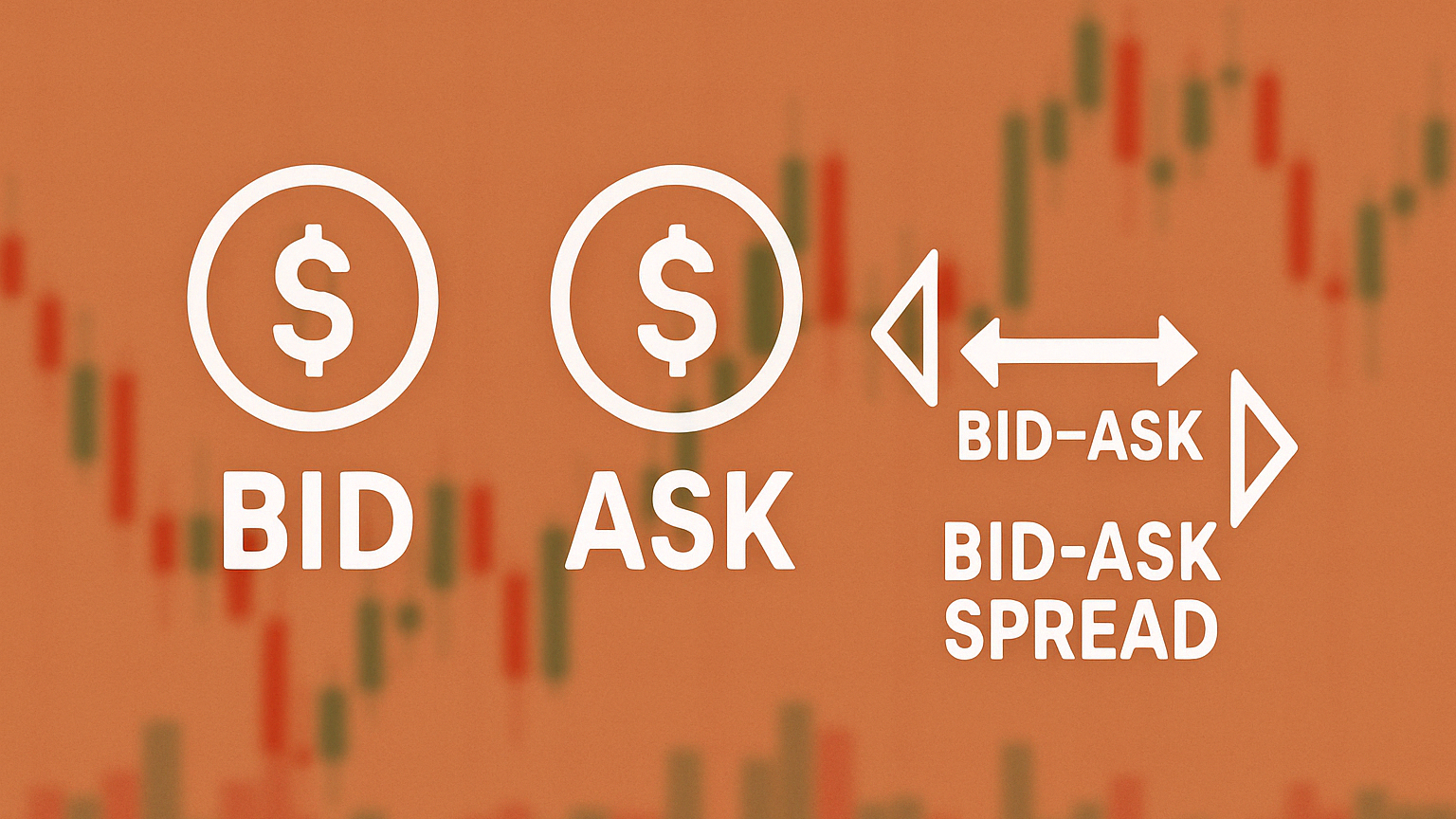When it comes to forex trading, having a solid strategy and knowing your technicals is definitely important – but there’s one game-changer that’s often overlooked: your mindset. Sure, charts, indicators, and strategies play a big role, but at the end of the day, it’s your mental toughness that decides if you’ll crush it or get crushed. Your mindset isn’t just "nice to have" – it’s your ultimate secret weapon for long-term success.
1. Emotional Mastery: Controlling the Inner Battle
Trading is as much a psychological game as it is a technical one. Fear, greed, and frustration are the three emotional forces that can derail even the most well-prepared trader. Here’s how you can handle them:
- Fear: Fear causes hesitation, leading traders to exit profitable trades too early or avoid taking action at all. To counter this, traders must develop a "risk-friendly" mentality where calculated risks are seen as opportunities, not threats.
- Greed: Greed drives traders to chase the market, overtrade, or stay in winning trades for too long. The solution? Stick to your trading plan and predefined exit points.
- Frustration: Losses can leave traders feeling frustrated, prompting revenge trades that rarely end well. Traders must understand that losses are part of the game and shift their focus to long-term results instead of short-term wins.
Takeaway: Mastering your emotions requires self-awareness and practice. Use journaling to reflect on your emotional responses to trades and identify patterns that m
2. Mindset Shift: From Victim to Victor
Many traders fall into the trap of blaming the market, brokers, or "bad luck" for their losses. This "victim mentality" leads to a cycle of poor decision-making and impulsive trades. To break free from this cycle, you need to embrace the "victor mentality."
- Take Full Responsibility: The market doesn’t owe you anything. Your results are a direct reflection of your preparation, patience, and discipline.
- Focus on Process Over Outcomes: Instead of obsessing over wins and losses, focus on executing your trading plan flawlessly. If you follow the process, the profits will follow.
- Own Your Mistakes: Mistakes are inevitable, but they’re also invaluable learning opportunities. Analyze your mistakes and use them as fuel for growth.
Takeaway: Shift from a "victim" mindset to a "victor" mindset by focusing on what you can control – your actions and decisions. Trading success is earned, not given.
3. The Power of Habit: Building a Trader’s Routine
Success in trading is not built on luck but on the habits you form daily. Habits shape your mindset, decision-making, and overall discipline. Here’s how to build winning habits as a trader:
- Develop a Pre-Trading Ritual: Create a pre-trading routine to mentally prepare for the session. This could include reviewing your trading plan, analyzing market conditions, and setting your trading goals for the day.
- Trade According to Your Plan: Successful traders don’t deviate from their trading plan. They follow it with military precision, even when emotions tempt them to break the rules.
- Review Your Trades Daily: At the end of each session, review every trade. What went right? What went wrong? Continuous improvement is fueled by self-reflection.
Takeaway: Consistency in your habits leads to consistency in your results. Your daily trading routine should be as disciplined as a professional athlete’s training regimen.
4. Patience, Discipline, and Delayed Gratification
Many new traders enter the market hoping for quick wins and instant riches. But the reality is that trading success requires patience, discipline, and the ability to delay gratification.
- Wait for the Right Setup: Patience is crucial for waiting for high-probability trade setups. Trading on impulse leads to avoidable losses.
- Stick to Your Plan: Discipline means following your trading rules without exception. Your plan should outline your entry, exit, and stop-loss criteria.
- Accept Small Losses: Letting small losses run into big ones is a trader’s worst enemy. Stick to your stop-loss orders and accept small, controlled losses as part of the process.
Takeaway: Trading success doesn’t come overnight. Embrace patience and discipline, and understand that consistent small wins will compound into large long-term gains.
5. The Four Stages of Competence in Trading
Your journey to becoming a consistently profitable trader follows the "Four Stages of Competence":
- Unconscious Incompetence: You don’t know what you don’t know.
- Conscious Incompetence: You realize how much you need to learn.
- Conscious Competence: You can trade successfully, but it requires effort and focus.
- Unconscious Competence: Trading becomes second nature, requiring minimal mental effort.
Takeaway: Every trader starts at "unconscious incompetence" and works their way to "unconscious competence." Progress through these stages with patience, education, and persistence.
6. Your Mindset is Your Edge
Traders often seek the "perfect strategy" or "holy grail" system, but the truth is that your mindset is your greatest edge. Two traders can use the exact same strategy, yet achieve wildly different results due to differences in mindset.
- Confidence vs. Overconfidence: Confidence comes from preparation; overconfidence comes from ego. Stay humble and recognize that the market is always right.
- Focus on What You Can Control: You can’t control the market—only your response to it. Let go of the need for certainty and focus on managing risk and execution.
- Stay Adaptable: Markets evolve, and so should you. Maintain a "growth mindset" by constantly learning and improving your skills.
Takeaway: Your mindset can either be your greatest ally or your biggest adversary. Cultivate a mindset that thrives in uncertainty, adapts to change, and prioritizes discipline over impulse.
Wrap-Up
Your mindset is the foundation of your trading career. Technical analysis, trading strategies, and market insights are essential, but they pale in comparison to the power of emotional mastery, discipline, and self-awareness. By mastering your mindset, you’ll not only improve your trading results but also develop the mental toughness to thrive in any market condition. Success isn’t about avoiding losses—it’s about having the mental fortitude to manage them and keep moving forward.







